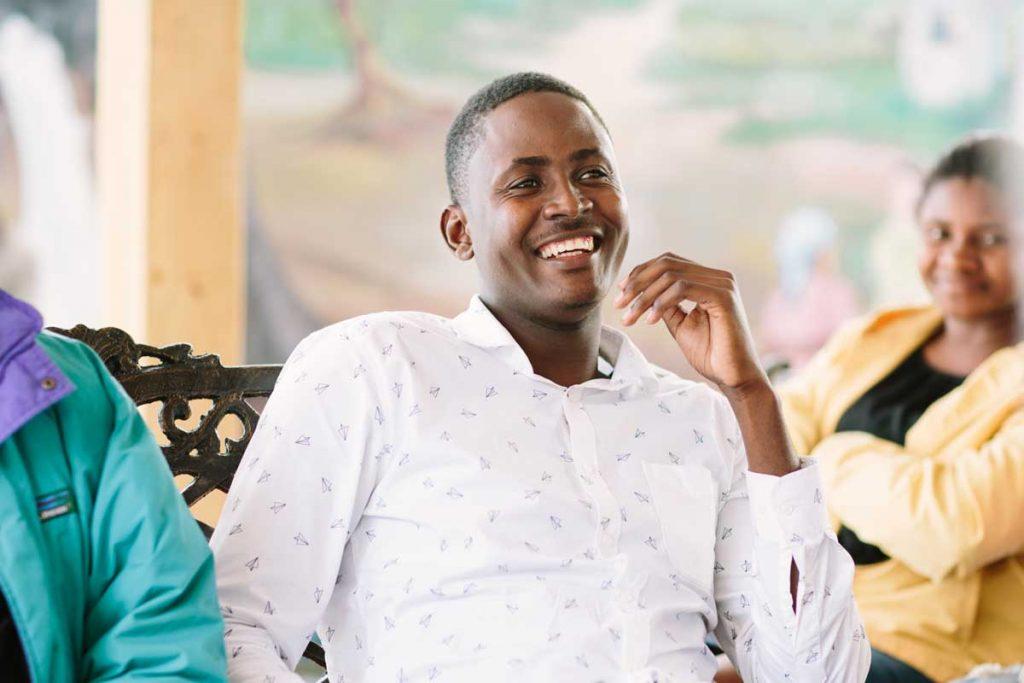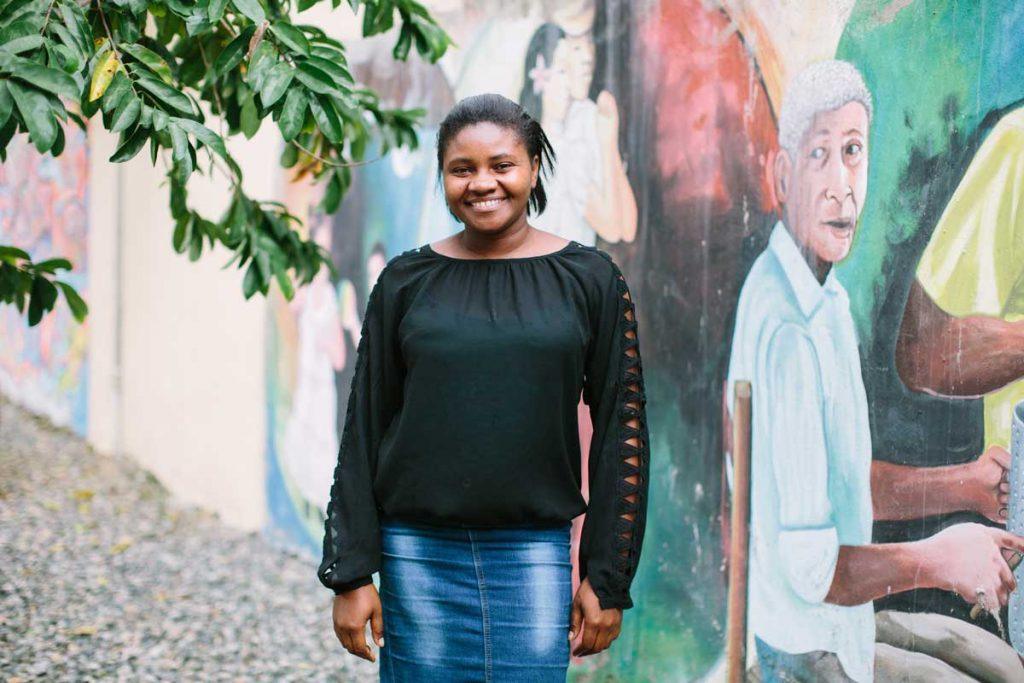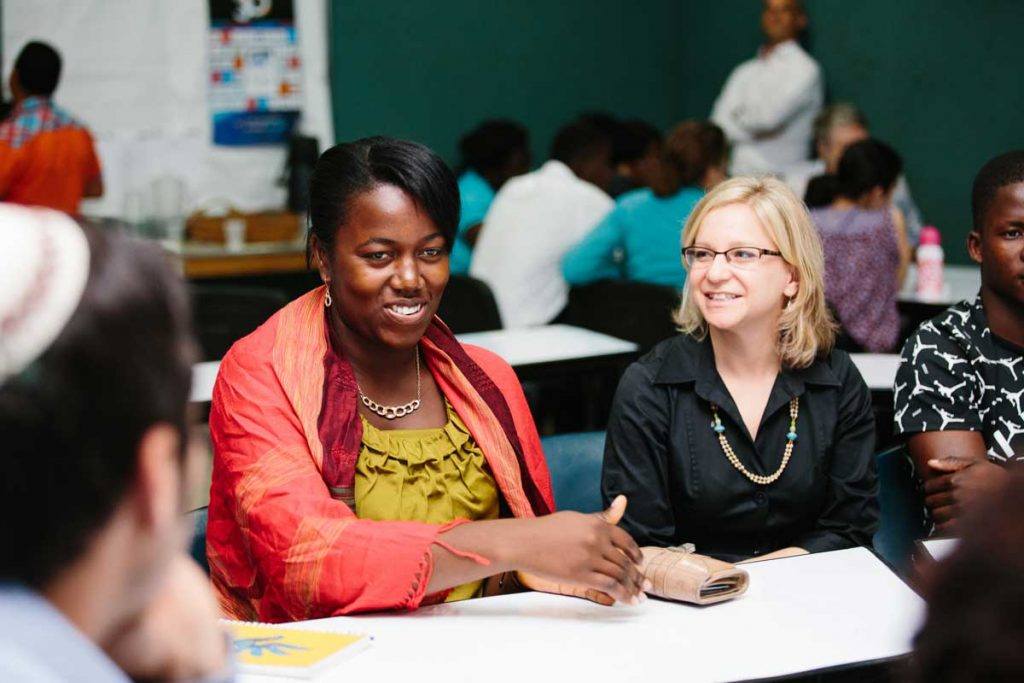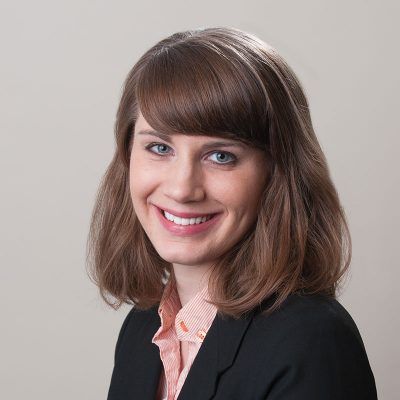AJWS’s Global Justice Fellows—14 rabbis and a cantor from communities around the U.S.—were in Washington, D.C., last week, pressuring American officials to fight for a just resolution to the statelessness crisis in the Dominican Republic. Sparked by a 2013 court ruling that stripped citizenship from hundreds of thousands of people, the crisis has created the largest stateless population in the Western Hemisphere.
Most of those who lost their citizenship are of Haitian descent—people born in the Dominican Republic whose parents or grandparents crossed the border in search of jobs. This community has long been derided and rejected by Dominican society because of their origin, their poverty and the color of their skin.
Last month, the Global Justice Fellows traveled to the Dominican Republic to learn about this crisis first-hand. Here are the stories of three of the courageous people they met, who are fighting for their citizenship and their rights:
Felix Mornau: No ID? No MLB

The citizenship crisis foiled Felix Mornau’s chance to play for a Major League Baseball team in the United States.
19-year-old Felix grew up in a batey—an isolated, poor village on a sugar plantation with limited or no access to electricity and government services like schools and health centers. His family harvests sugarcane in Los Pallairdos Batey in El Seibo Province, supplementing their income with a small vegetable garden.
For kids like Felix, there are few opportunities for advancement beyond the life of poverty they grew up in, as education in bateyes is limited. But Felix had a natural talent that looked like his ticket to a different life: baseball.
When he was 15, a scout spotted his pitching ability. For three years, he attended a baseball school in San Pedro on a scholarship. In 2015, the MLB offered Felix a $35,000 contract. It was his opportunity for a solid career, but he needed an identity card in order to sign the contract.
“When I went [to the public records office], they took my photograph and they took my fingerprints and made everything ready and then told me to come back in two weeks to get my card,” Felix said. “When I came back, they said no, they couldn’t give me the ID because something is wrong with my birth certificate*.”
Two years and several office visits later, Felix still has no papers. Not only was his baseball career sidelined, but he hasn’t been able to go back to school or find formal employment, either. All of that requires an ID—now denied to him because of discrimination, presumably because of his ancestry and the color of his skin. “It hurts,” he says simply.
Luckily, Felix found Reconoci.do, an organization supported by AJWS that helps people caught in this crisis navigate the jumble of bureaucracy and discrimination they face at government offices, and organize to protest the unjust new laws.
“They gave me hope,” Felix said. “I never thought I would have hope. I was at home not doing anything, not going out. Now they have taken me out and brought me here, and they do a lot of things for me.
“If I go to the [public records office] by myself,” he continued, “I can wait all day and nothing can happen. When I go with [a member of Reconoci.do], she represents me, and when they see her at the door, everything is quicker.”
Felix hopes the next time he requests his papers, he’ll finally break free from the chains the citizenship crisis has put on his life.
“I have my belief in God, and He knows what will happen,” he said. “If they still want me on the team and the contract is still open, I would do baseball—but if not, I would like to find some work. It’s in the hands of God and it’s in the hands of the [government] because they have the power.”
Rosanny Romilis: Dreams of shattering discrimination in education

Rosanny Romilis was born and raised in the Dominican Republic and lives in Ingenio Santa Fé Batey in San Pedro de Macorís. She graduated from high school in 2007 and had aspirations to go to college, but she couldn’t enroll because the government records bureau denied her a copy of the birth certificate* that would prove her Dominican citizenship.
“[They said] I was the daughter of foreigners, and therefore I was a foreigner,” she recalled.
Biding her time, Rosanny took technical workshops, married and had two children. She joined Reconoci.do, which taught her about self-esteem, Dominican laws and how to advocate and speak out against injustice. She took on a variety of leadership positions within the organization and currently serves as the national secretary. After years of advocacy and Reconoci.do’s support, she finally received a government-issued ID in 2015—the culmination of eight years of heartache.
Today, the 29-year-old studies school psychology at a university. She is resolved to change the discrimination that pervades many areas of society—especially education.
“Racism [starts] with the teachers,” she said. “In the school, we get all our ideas—who we are and all the concepts of society. This is where we are formed. They teach students that Haiti invaded the country [and] that everything Haitian is bad.
“They call you names at school and make fun of your name,” she continued. “It is very [damaging to] your self-esteem.”
Rosanny hopes to make a difference by counseling Dominicans of Haitian descent and pushing for change in the teaching system.
“I could [reach] not only the children, but the whole community,” she said. “I can give them new ideas and I can talk to them and give them workshops. [I want to teach people that] different cultures can live together and respect each other—and although you are from a different culture, you are not worthless.”
Will there be a time when everyone in Dominican society agrees with her?
“I think sometime,” Rosanny said. “Not now. But little by little, we’ll get there. And we have to start with the children and put the seeds into them so that change comes from there.”
Estefany Feliz

One day in March 2015, Estefany Feliz tried to board a bus to Santo Domingo from her hometown of Bahoruco to attend a gathering to protest racial discrimination. But Bahoruco is near the border of Haiti, which is riddled with checkpoints to search for people lacking proper documents.
The bus company ticket clerk demanded Estefany’s ID. Even though she was born in the Dominican Republic and has a birth certificate* proving so, she didn’t have an ID card because her application was denied years ago.
“The person said I could not go on the bus because they would not transport Haitian people. The law says so,” she recalled. “I was accompanied by someone from Reconoci.do, and he asked, ‘Why do you think she’s Haitian?’ They started to fight.”
Quickly, seven people were pushing and hitting Estefany’s friend, striking him in the head with a rock and leaving him with a gash. “They fought me, as well,” she said. “They pushed me against a wall and I got hit and hurt my back.”
They reported the incident to the police. “They sent us to the judges and [let] us make a complaint,” she said. “And we came back and asked what was happening to the case and they said, ‘Leave it alone. Don’t do anything because they are very powerful people, the bus union.’”
No justice has been served. Estefany has also been verbally abused by bus attendants. At one checkpoint, a military officer threw her birth certificate on the ground.
Estefany’s struggle over citizenship began when she applied for a government ID card right after finishing high school—she didn’t want to waste any time before enrolling for university. The people who denied her the document never explained their decision, but she’s learned through being part of Reconoci.do that her dark skin had something to do with it.
Reconoci.do also made her realize her calling: law.
“I fell in love with all the subjects I learned there about the rights and about the law,” she said. “I was accompanying people to get their birth certificates and papers. And they told me I need a lawyer to get my papers in order. The lawyer was asking for 30,000 pesos. I didn’t have that kind of money. That motivated me even more to study law.”
After finally receiving her ID in 2014, Estefany took to helping others get theirs, including mothers who are Dominican citizens trying to register their Dominican-born children. The 2013 court ruling emboldened many officials to deny documents based on race and last names.
“If you come with white skin, you don’t have any trouble getting your child registered,” she said. But for many mothers who are black or have Haitian names, “they give them the pink birth certificate, which means [the child] is a foreigner,” she said. “Sometimes it’s a personal thing, depending on what officer you’re getting. We see how important it is to accompany a person, to advocate for them.”
Estefany is now studying law—and feeling grateful for Reconoci.do’s accompaniment and nurturing of her talents. “They make me feel very good,” she said. “We are a big family. We respect each other. That’s important.”
*In Dominican society, if an individual obtains a birth certificate at birth, it cannot be used for official purposes later in life. With each new life passage a person wants to embark on—like registering for school, getting married, applying for a job, or voting—they must request a new official copy of the certificate. The documents have expiration dates and can only be used for the purpose for which they were granted. Therefore, an individual or parent must apply for a birth certificate many times in their lives in order to access basic government and commercial services.
All photos by Christine Han.
AJWS’s work in countries and communities changes over time, responding to the evolving needs of partner organizations and the people they serve. To learn where AJWS is supporting activists and social justice movements today, please see Where We Work.

